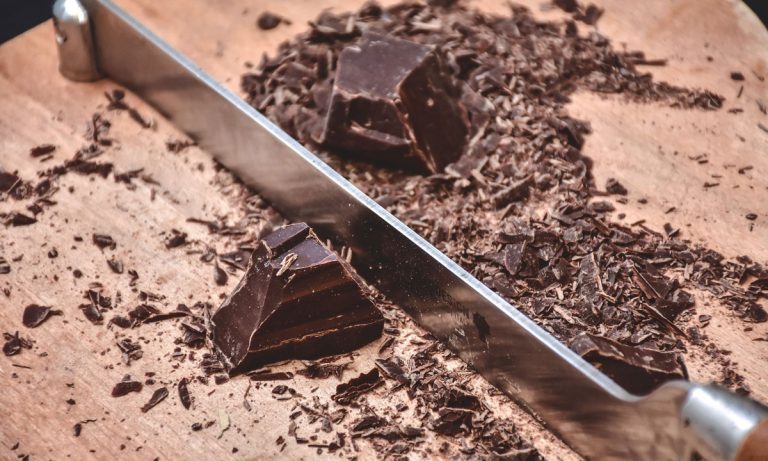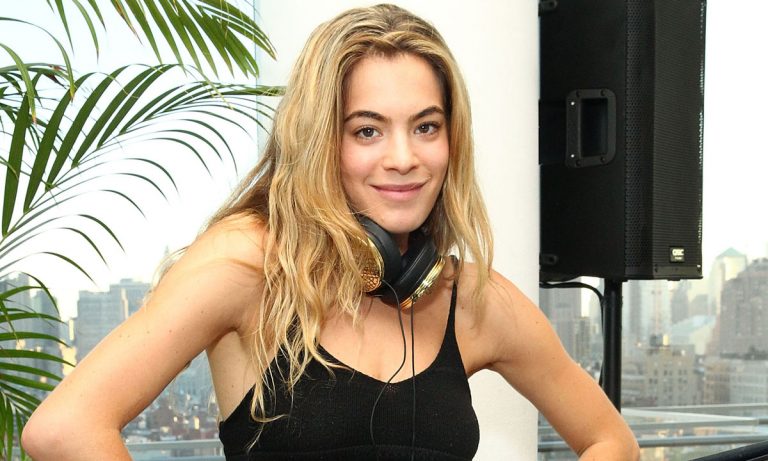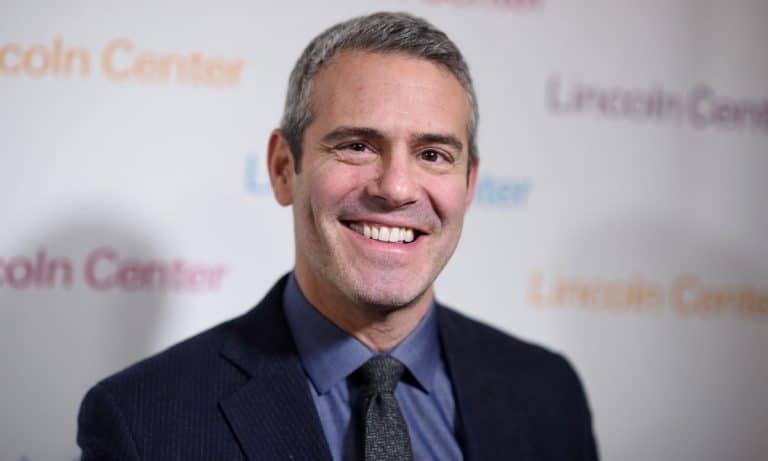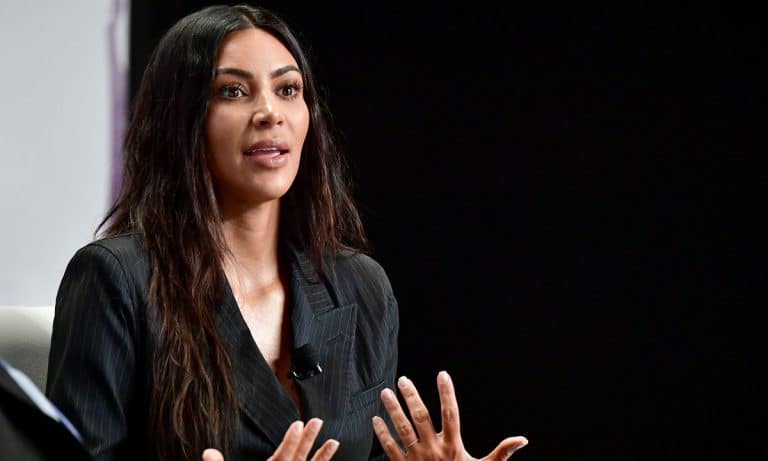Described as super trendy in Europe, snorting lines of chocolate is now making its way into the states. You read that correctly.
Mixing a popular candy element with a drug use aesthetic — what could go wrong?
-
Related Story: 5-Ingredient Cannabutter Truffles For The True Chocoholic
Named Coco Loko, the substance is made of cacao powder along with energy-drink ingredients like gingko biloba, taurine, and guarana. Nick Anderson, the 29-year old who created the product is the owner of Legal Lean, which is responsible for another drug-free consumable that takes advantage of pop culture stereotypes: a drug-free cough syrup that mimics the popular combo (see Purple Drank). Because as everyone knows, cold suppressants are popular for their flavor.
https://www.instagram.com/p/BV5yephAB26
Anderson tells The Washington Post that the effects of Coco Loko can last as long as an hour and describes the high as being “almost like an energy-drink feeling, like you’re euphoric but also motivated to get things done.”
Coco Loko, which sounds a lot like Four Loko, that cheap malt beverage underage kids love, hasn’t been approved by the FDA.
-
Related Story: How Much Cocaine Is In Domino’s Garlic Dip?
Doctor Andrew Lane from the Johns Hopkins Sinus Center tells The Post that he has a few obvious concerns, mainly that it’s not clear how much of each ingredient in the Coco Loko would be absorbed into the nasal mucus membranes and that “putting solid material into your nose — you could imagine it getting stuck in there, or the chocolate mixing with your mucus to create a paste that could block your sinuses.”
An Atlanta-based company that distributes the product to smoke shops and liquor stores says it’s not flying off the shelves, but “people are definitely curious.”
Starting July 10, Coco Loko will be available on Amazon for about $25. That’s 10 servings. Or, like, 50 candy bars.












